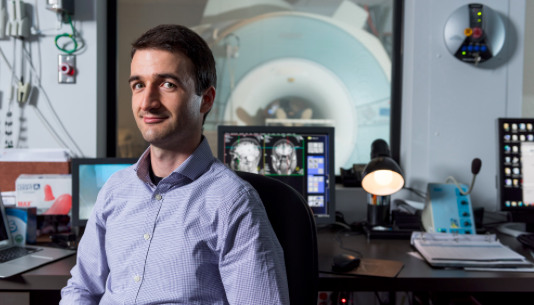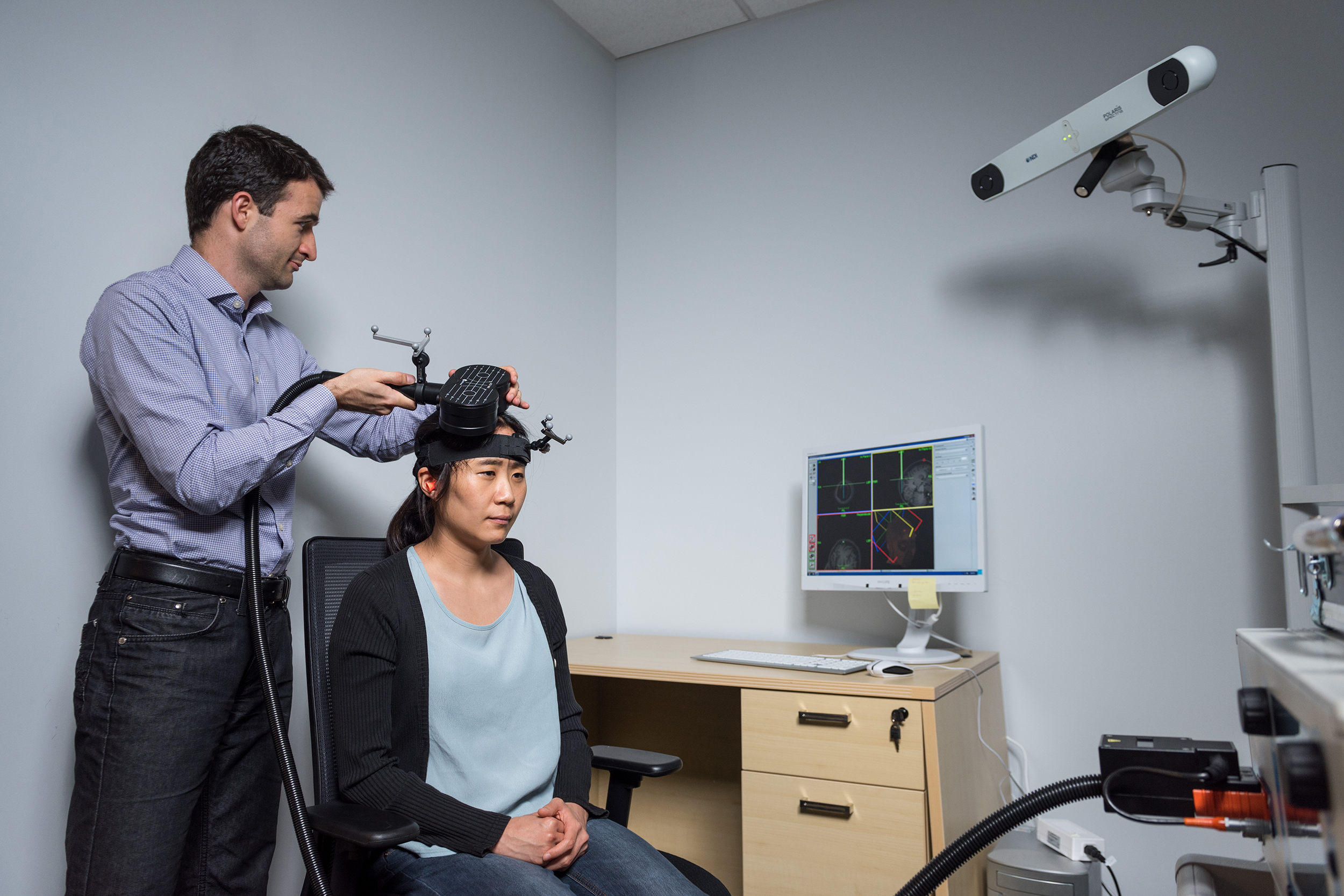Dobromir Rahnev, an assistant professor in the School of Psychology, is one of just two Georgia Tech faculty to win a coveted 2020 Young Investigator Program Award from the Office of Naval Research (ONR), the science and technology research arm of the U.S. Navy and U.S. Marine Corps.
Rahnev joins Marta Hartzell, assistant professor in the George W. Woodruff School of Mechanical Engineering, in receiving the honor, seen as an important early career award “in which academic achievement and potential for scientific breakthrough are key factors in the evaluation process,” according to the ONR website.
Twenty-six awardees were chosen from more than 275 applicants, all of whom are college and university faculty who obtained a Ph.D. within the past seven years. They will share $14 million in funding for research that will benefit the Navy and Marine Corps.
Rahnev’s ONR research, titled "Assessing and Improving Military Personnel’s Metacognitive Ability," falls under the Office’s Cognitive Science for Naval Adaptive Training Program. It focuses on ways that technology can enhance training and skills development for the current and future Navy and Marine generations.
“This program measures gain and loss of skills and knowledge, and trainee performance models for assessment of learning and readiness,” says the ONR website. Research areas include artificial intelligence-based tutors and immersive environments, behaviorial assessment and modeling of individual development of skills, customizable training based on individual differences in learning, and computational and dynamic models for measuring learning in naval schools and centers.
“I’m very honored by this recognition,” Rahnev says. “My works seeks to understand human metacognition — that is, how we think about our own thoughts. The proposed work aims to develop new methods to assess the quality of one’s metacognition and to discover methods to improve it. The funding will allow us to conduct foundational studies in this domain.”
Rahnev’s Computational Cognitive Neuroscience Lab at Georgia Tech “investigates the brain processes that allow us to perceive the world. In particular, our focus is on the top-down mechanisms that modulate the normal visual process,” says the lab’s website. Rahnev’s team uses functional magnetic resonance imaging (fMRI), transcranial magnetic stimulation (TMS), psychophysics (the connection between physical stimuli and the mental perceptions they invoke), and computational modeling.
“It’s no secret that our nation is in the midst of a great power competition,” says Chief of Naval Research Rear Adm. David J. Hahn, in a recent press release. “To maintain a military edge over our adversaries, it’s critical that we attract the best and brightest scientists and engineers from across academia to address naval warfighting challenges. The Young Investigator Program does just that, and I’m honored to announce the recipients for 2020.”
Other research awarded by the ONR include studies on autonomy, wireless communications, energetics, power and energy, machine learning, artificial intelligence, sensors, weather forecasting, bio-tissue repair, hypersonics, metamaterials and nanomaterials. The YIP awards support laboratory equipment, graduate student stipends and scholarships, and other expenses critical to the planned research. Typical grants range from $510,000 to $750,000 over a three-year period.
According to the ONR website, the YIP was established in 1985, making it “one of the nation’s oldest and most selective basic-research, early-career awards in science and technology. Its purpose is to fund tenure-track academic researchers, or equivalent, whose scientific pursuits show outstanding promise for supporting the Department of Defense, while also promoting their professional development.”
For More Information Contact
Renay San Miguel
Communications Officer
College of Sciences
404-894-5209




